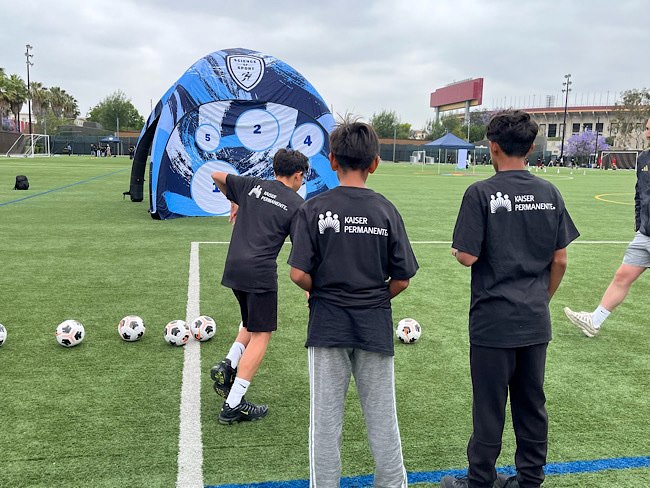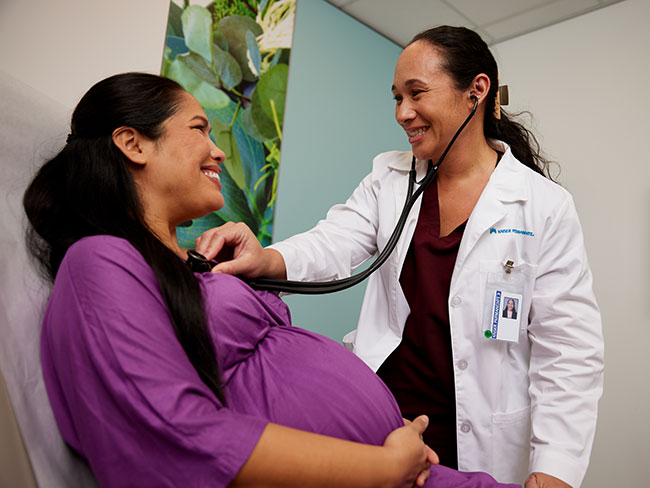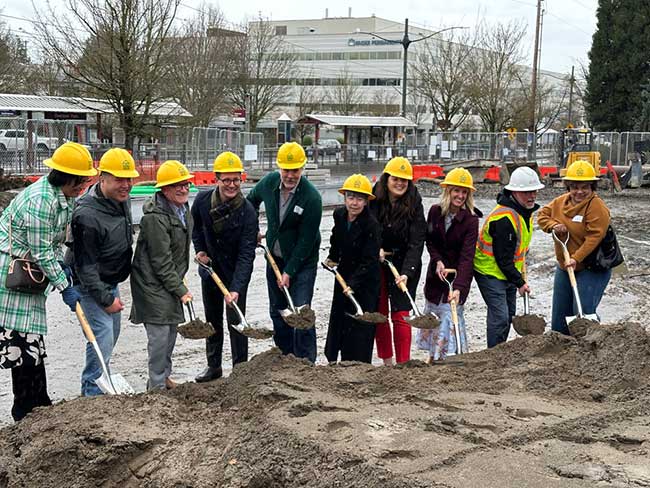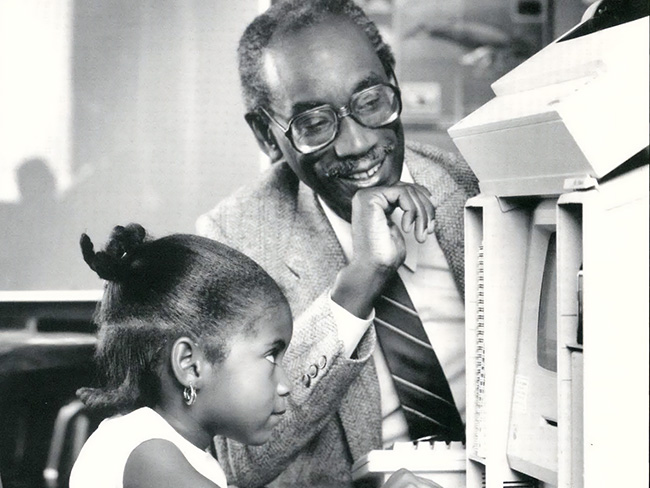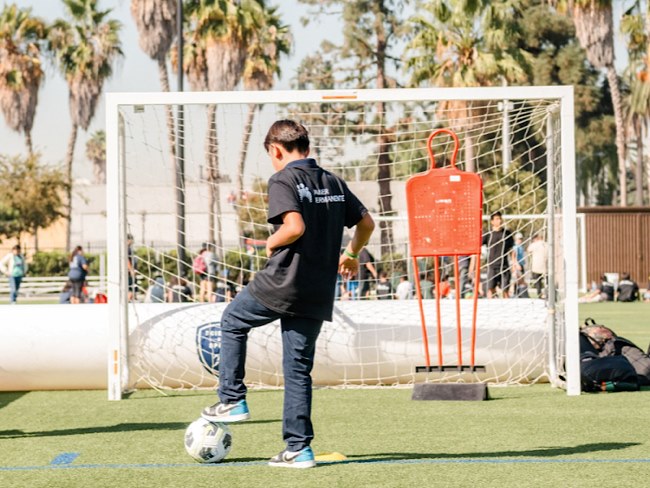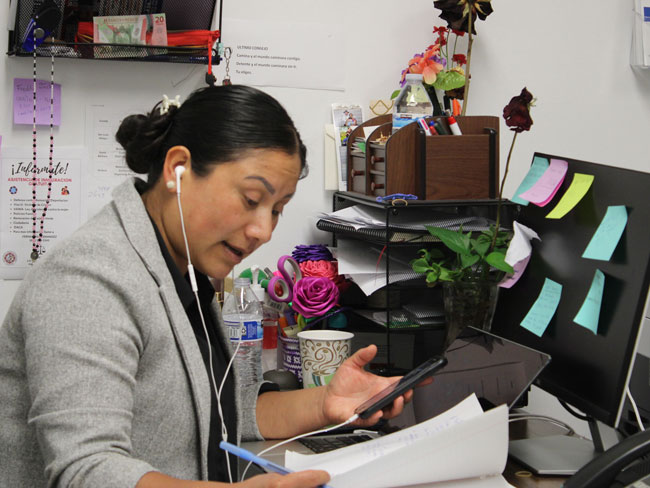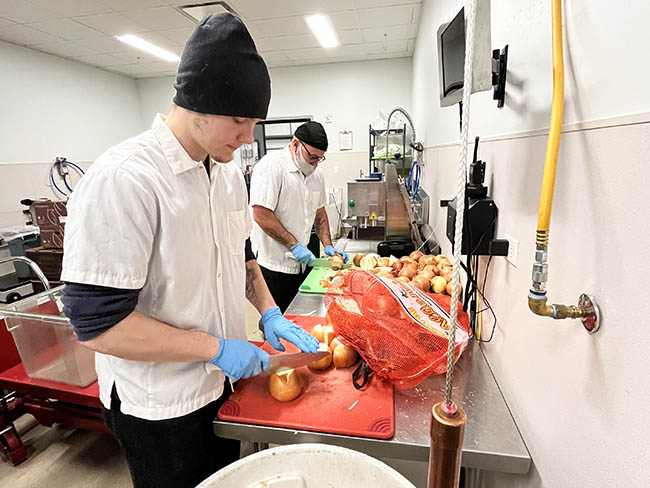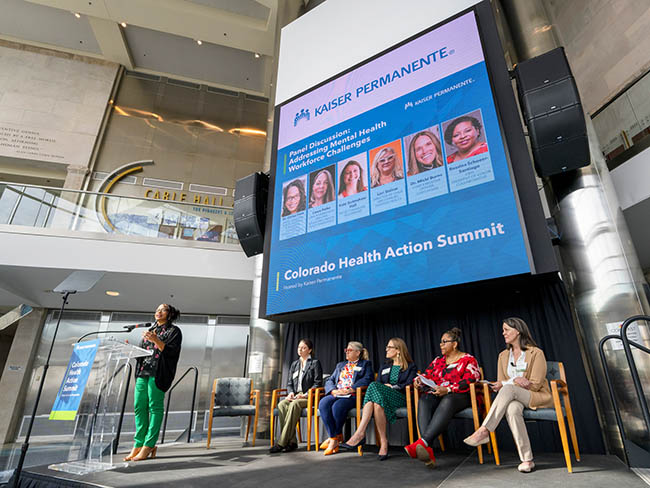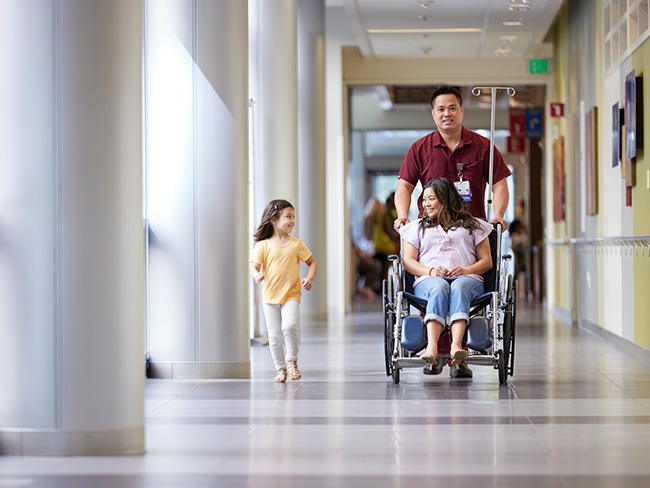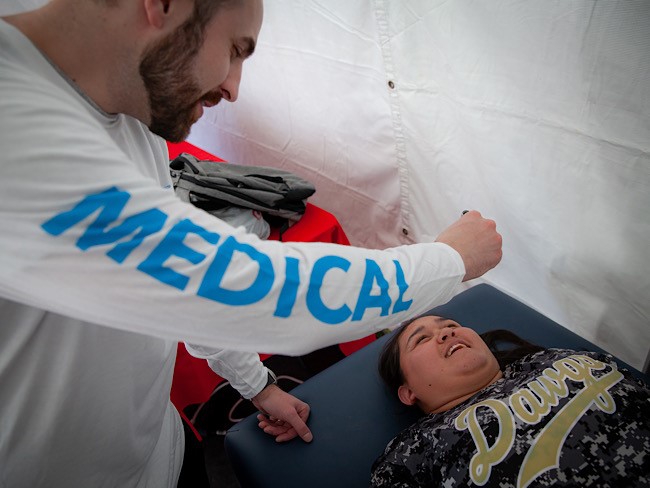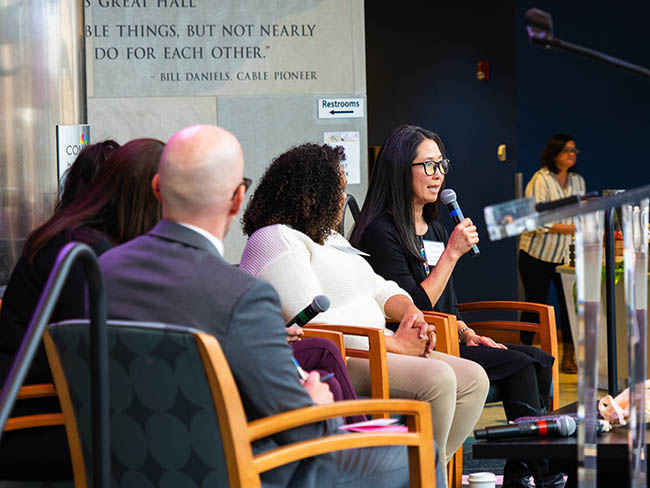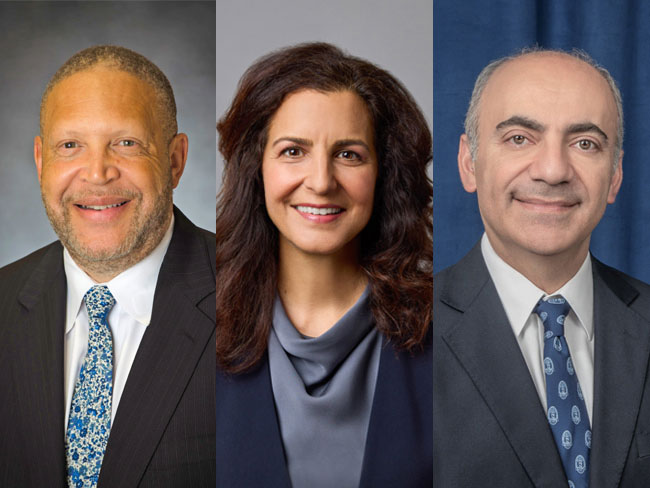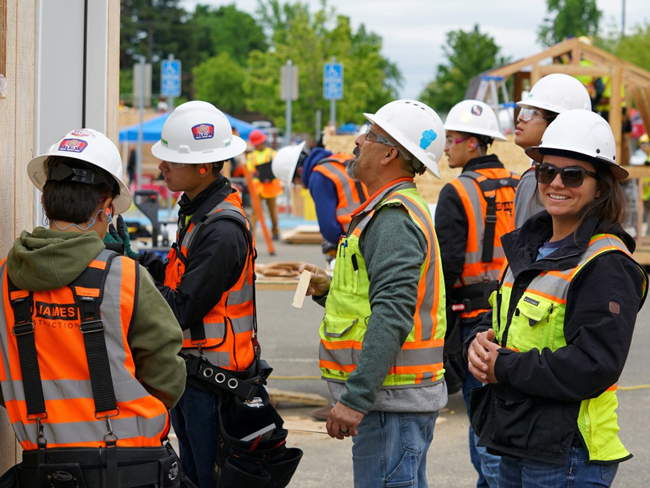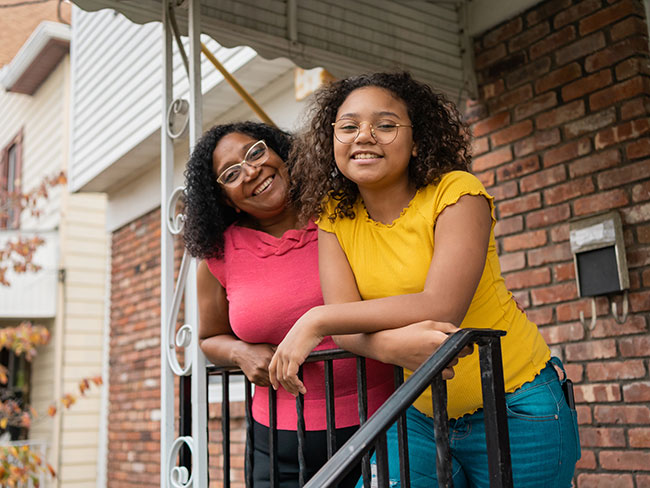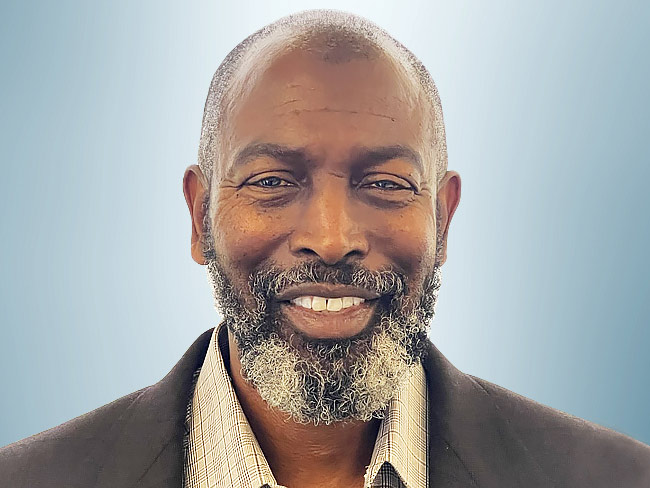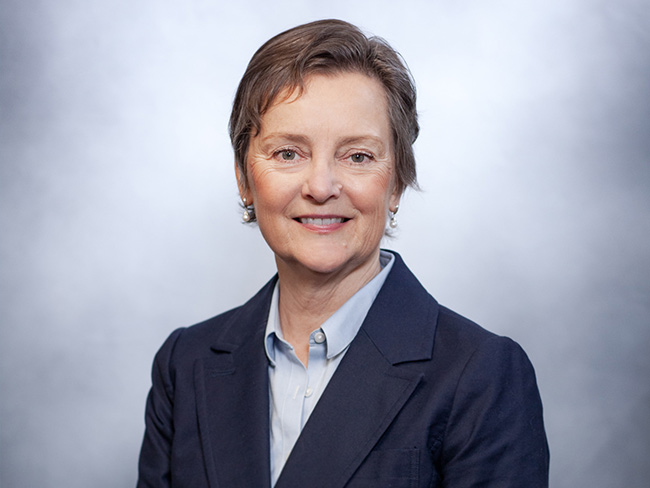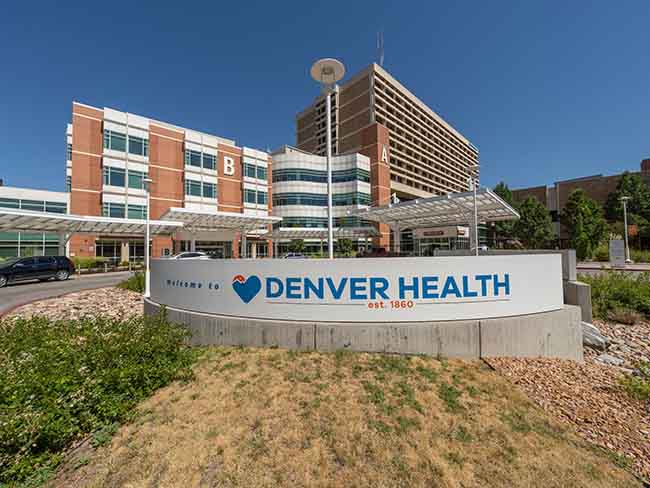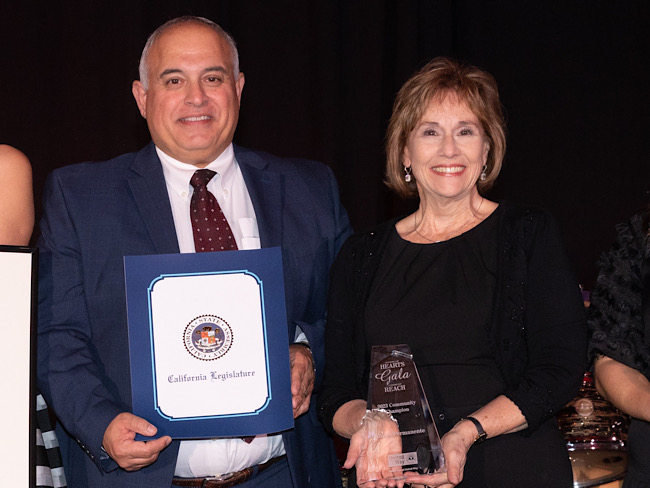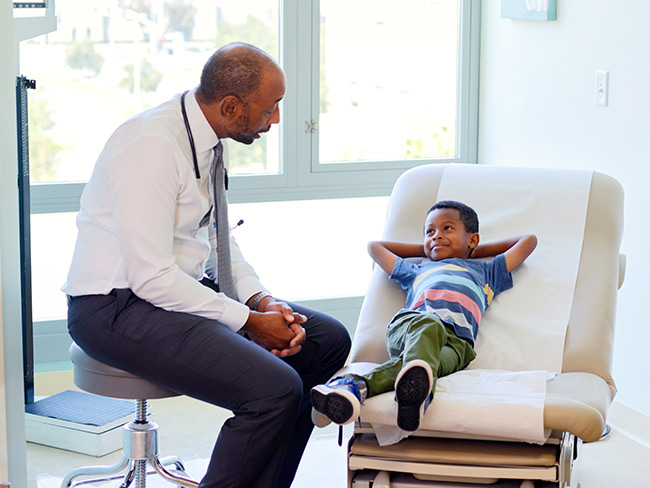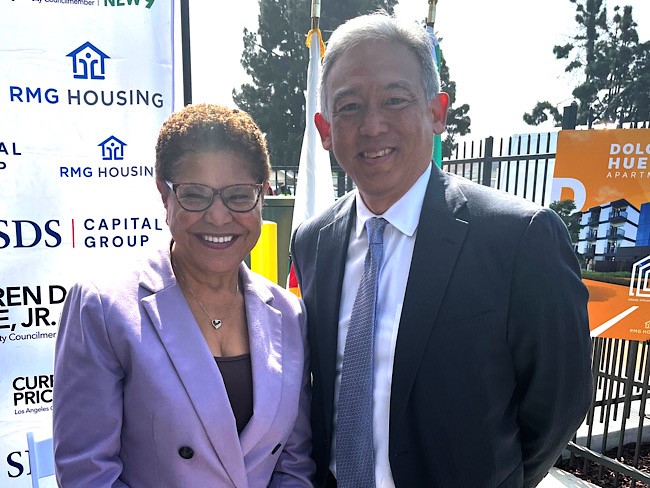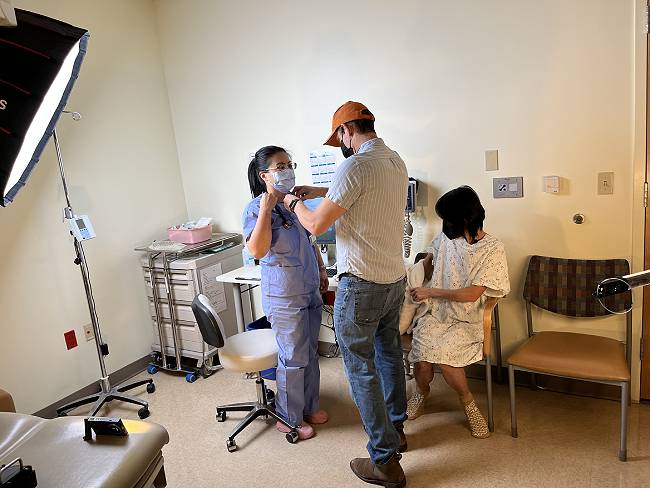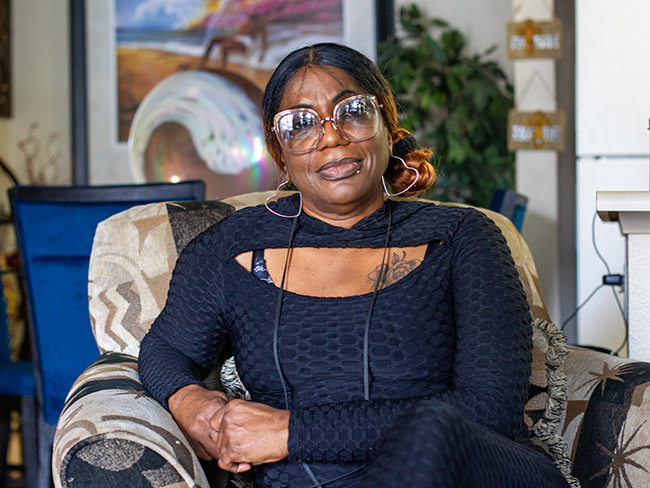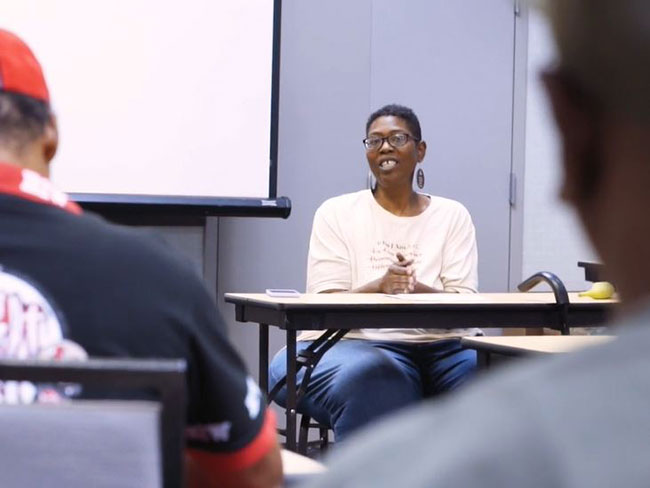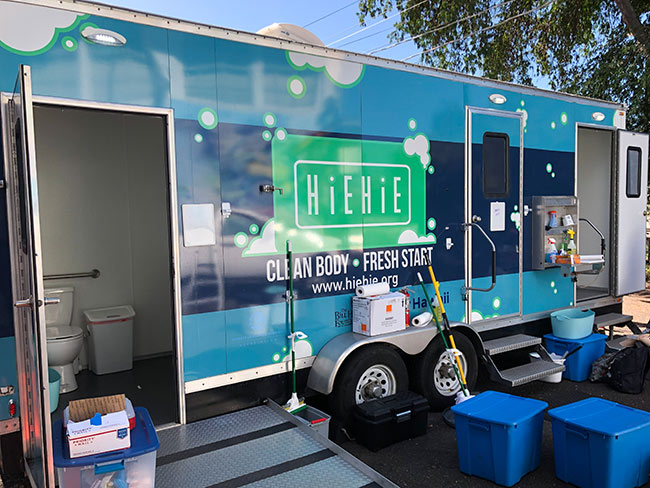Systemic racism and trauma spur action for healing
With a focus on Black and other communities of color, Kaiser Permanente seeks to address the causes of adverse childhood experiences and collective trauma.
OAKLAND, Calif. — Kaiser Permanente, the nation’s largest integrated, nonprofit health care organization, is providing financial support to 13 organizations across the United States whose work focuses on ending the generational cycles of trauma caused by structural racism and injustice experienced by Black Americans and other communities of color. This trauma often manifests in situations and actions that hurt children by causing adverse childhood experiences, known as ACEs, which have negative lifelong consequences for health and well-being.
The organizations that Kaiser Permanente is helping to support provide services such as safe housing and counseling for teen mothers in Georgia; violence prevention and social-emotional learning programs in Washington; trauma-informed and resilience-focused skill building for caregivers in Colorado; and approaches for healing racial stress for families in Los Angeles.
Original research by Kaiser Permanente and the Centers for Disease Control and Prevention in 1997 established that ACEs such as abuse, neglect, and household dysfunction are associated with a long-lasting stress response that has been linked to risky health behaviors and chronic health conditions.
Evidence from subsequent studies shows that experiences such as discrimination, community violence, death of a parent or guardian, bullying, or separation from a primary caregiver may also lead to a harmful toxic stress response.
“Cycles of violence, injustice, and trauma are too commonplace in the United States today, and have been for generations. They are devastating to our communities and have long-term health implications for those who must endure this ongoing trauma,” said Greg A. Adams, chair and chief executive officer of Kaiser Permanente. “In this unparalleled moment for our organization and our country, Kaiser Permanente is taking steps to promote healing from and prevention of highly consequential traumatic events in order to create a healthier, more equitable future for our members and communities.”
Traumatic childhood events are associated with a reduced life expectancy and lifelong health issues, including depression, cancer, maternal pregnancy loss and relationship struggles, as well as higher rates of chronic illness including cardiovascular disease, diabetes, liver disease, chronic obstructive pulmonary disease, and substance abuse.
“We are grateful for Kaiser Permanente’s commitment to partnering with communities of color to address adverse childhood experiences and mental health and wellness challenges wrought by intergenerational violence, trauma and inequity,” said Chet P. Hewitt, president and CEO of Sierra Health Foundation and The Center, which manages the Black Child Legacy Campaign’s Healing the Hood gun violence reduction program, which will receive funding. “This grant presents an incredible opportunity to advance local and national ACEs strategies using a racial justice approach that builds power and leverages the extraordinary leadership in our most distressed communities.”
Data from the Centers for Disease Control and Prevention show that at least 38% of children have had at least one adverse childhood experience before the age of 18, impacting children and families across racial, ethnic, and socioeconomic groups. However, Black and Latinx children experience more ACEs than average, with Black children experiencing 11% more ACEs than white children at all income levels. The COVID-19 pandemic’s disproportionate burden on communities of color — including children — may be fueling a future ACEs crisis: Researchers estimate 40,000 children in the United States have lost a parent to COVID-19, and Black children have experienced about 20% of the losses while making up only 14% of the population.
“While the research is clear that ACEs can have a profound effect on future health, we also know that there are tangible and meaningful ways we can intervene and, even more importantly, prevent trauma from taking place,” said Don Mordecai, MD, national leader for mental health and wellness at Kaiser Permanente. “The work these organizations are doing in the community is vital to that prevention mission, and emphasizes the need to simultaneously address systemic racism, economic inequality, lack of social mobility, and health equity.”
Kaiser Permanente’s support for community-based organizations is part of its commitment of $25 million in grant funding to support racial equity and economic opportunities that will help aid pandemic recovery for the hardest hit communities, including Black, African American, Latinx, and underserved communities. More than $8 million has already been awarded to support programs that address systemic racism or its accompanying trauma on individuals and communities of color.
About Kaiser Permanente
Kaiser Permanente is committed to helping shape the future of health care. We are recognized as one of America’s leading health care providers and not-for-profit health plans. Founded in 1945, Kaiser Permanente has a mission to provide high-quality, affordable health care services and to improve the health of our members and the communities we serve. We currently serve 12.4 million members in 8 states and the District of Columbia. Care for members and patients is focused on their total health and guided by their personal Permanente Medical Group physicians, specialists, and team of caregivers. Our expert and caring medical teams are empowered and supported by industry-leading technology advances and tools for health promotion, disease prevention, state-of-the-art care delivery, and world-class chronic disease management. Kaiser Permanente is dedicated to care innovations, clinical research, health education, and the support of community health.
